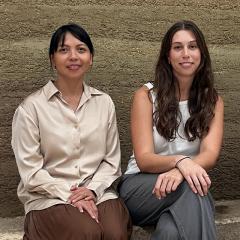Dr Maram Shaweesh’s insightful research into the homemaking practices of the Australian Lebanese community has been recognised with a 2023 UQ Dean’s Award for Outstanding Higher Degree by Research Theses, announced in February 2024.
Titled “Making Home in the Suburb: An Architectural Analysis of Everyday Life in the Australian Lebanese House,” Dr Shaweesh’s thesis builds knowledge about Australian Lebanese family types and domestic behaviours in the Australian context, which she says is much needed in the move towards inclusive housing in Australia.
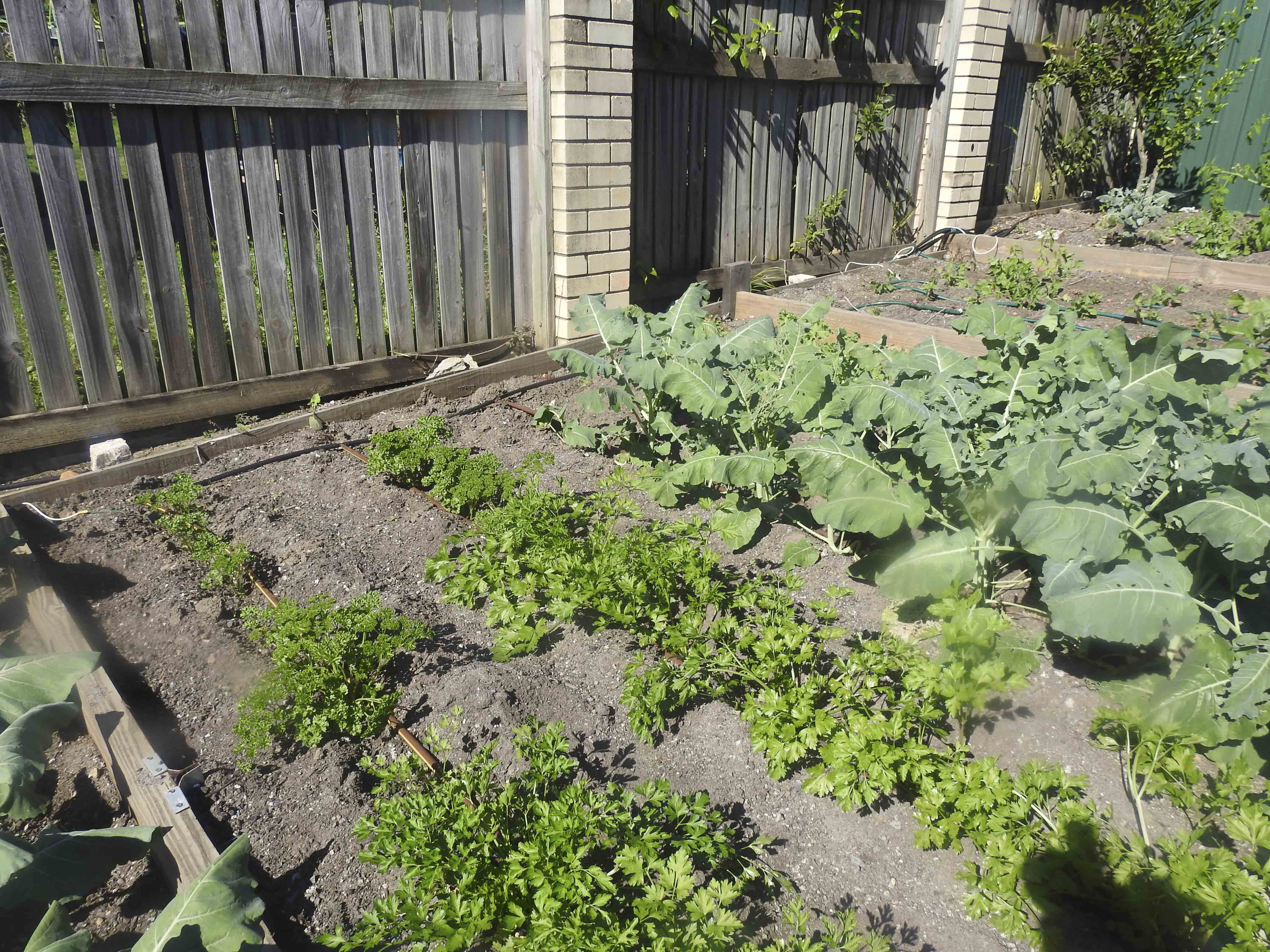
“The ways in which Australian Lebanese participants use, adapt and design their suburban houses broadens our understanding of housing needs and aspirations in Australia,” Dr Shaweesh says.
“This thesis demonstrates the value of investigating everyday life to understand the housing diversity that Australians need, and the housing diversity that Australians generate, beyond quantitative measures.”
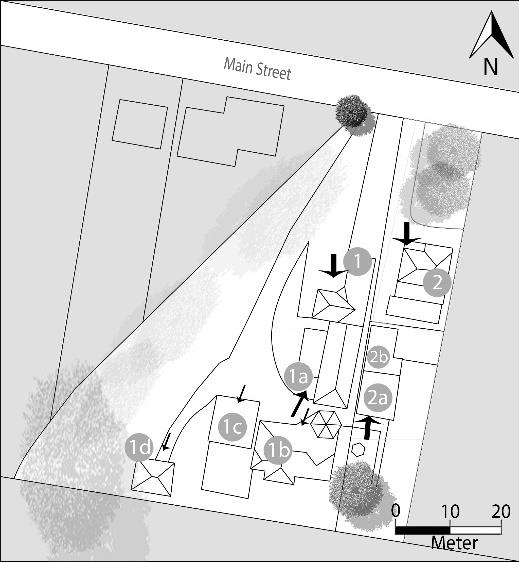
The research collected original data on the spatial layout of houses, and the way in which Australian Lebanese families accommodate their everyday domestic lives in these homes. The research methodology not only facilitated the collection of original data, but also provided rare insights on the everyday domestic life of an ethnic minority group.
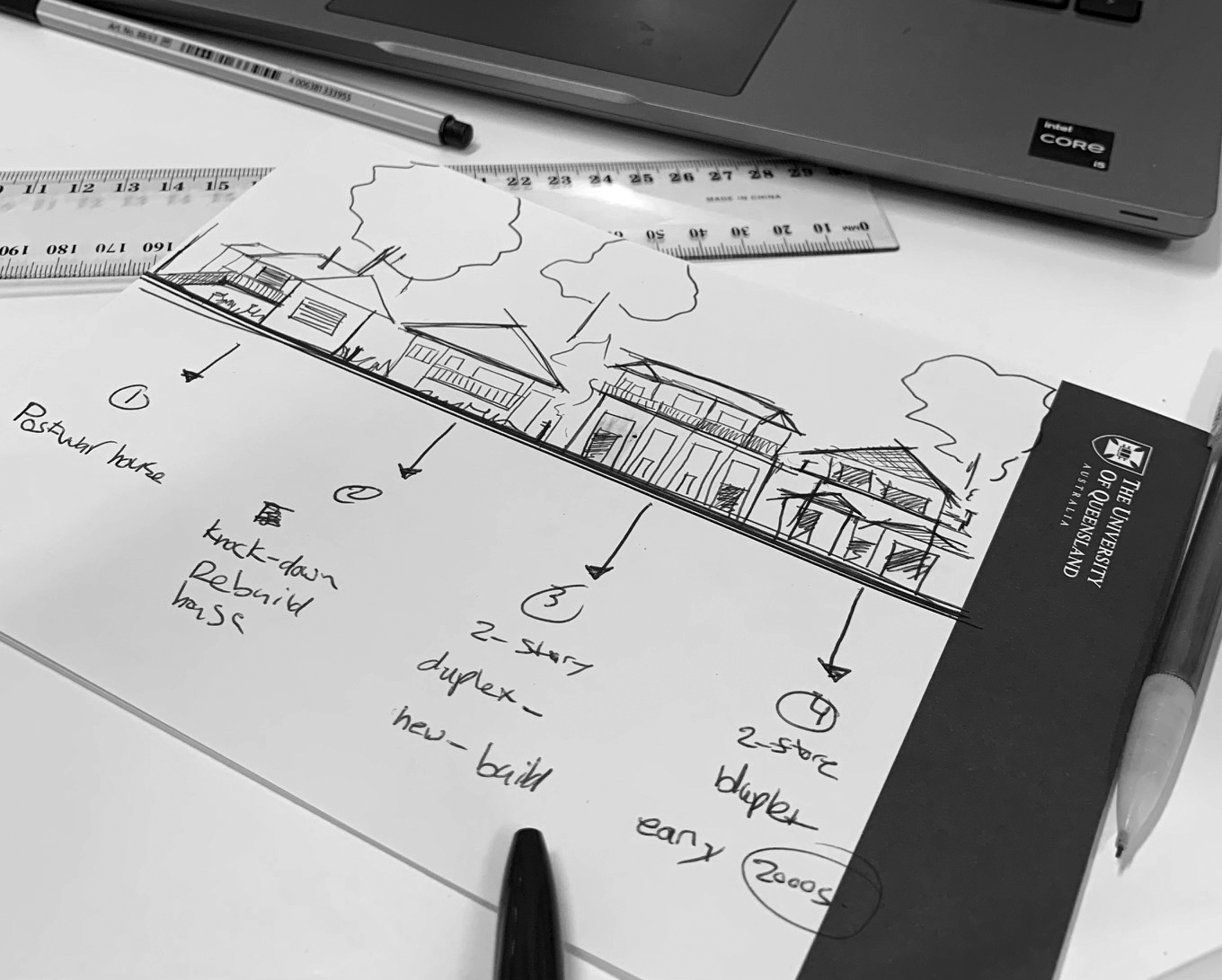
“The Australian Lebanese community’s unique culture adds to the variety of the Australian way of life. To support accommodating the Australian Lebanese lifestyle in the suburb, the participants design and adapt to change their housing to cater for their needs, which makes them active contributors to the Australian domestic architecture.”
Dr Shaweesh, a qualitative researcher, says that making Australia home is not only a matter of choosing the location of a permanent residence, but also an ongoing process that aims to “create the feeling of being at home.” She says home is both a social and a spatial experience, and that these social and spatial homemaking practices take place at various scales, including that of the suburban house.
Dr Shaweesh’s focus on this research area began with her strong interest in how domestic spaces are “powerful” in expressing identities, cultures, challenges, memories and aspirations. “I observed the presence of extended families, large and frequent family gatherings, neighbours chatting with their mother language over the fence, and traditional plants dominating the backyards,” she says.
“I chose to focus on the Australian Lebanese community due to their rich history of settlement in Australia, dating back to the 1880s. The contributions of migrant communities to domestic architecture, from a cultural perspective, are not yet fully explored, and there is still much more to research.”
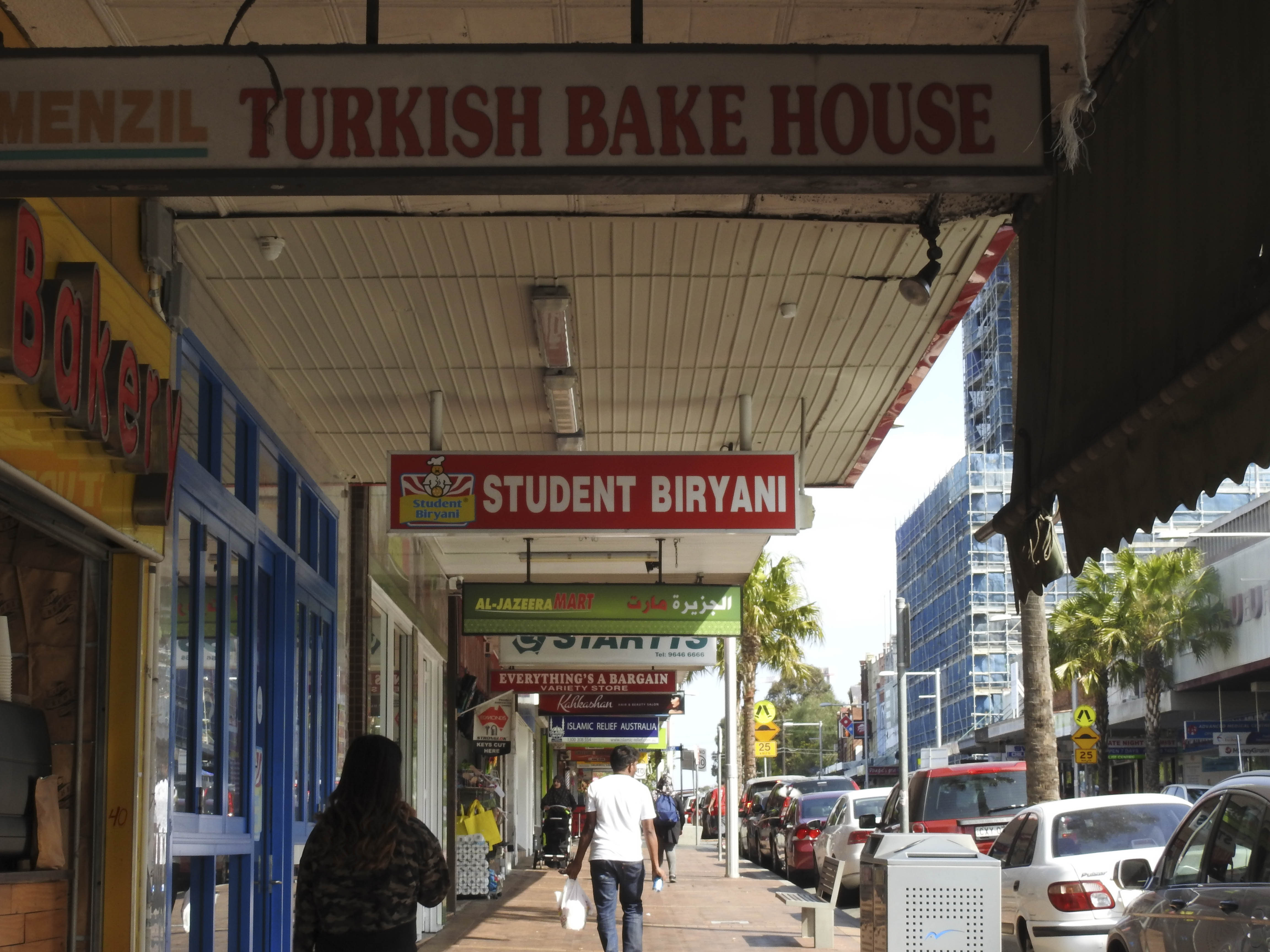
Dr Shaweesh, previously an Associate Lecturer and Sessional Academic in the School of Architecture, Design and Planning, is now a Postdoctoral Research Fellow in the UQ Institute for Social Science Research. She is working on several research projects with a wide range of aims, all directed toward addressing new and emerging challenges facing Australian society.
Her interdisciplinary research spans several humanities and spatial disciplines, including architecture, housing adequacy, migration, multiculturalism, everyday encounters in the Australian suburb, urban design, and young people's experiences in urban spaces.
She says completing her PhD was a “long yet rewarding journey,” and she is grateful to have been surrounded by a “great circle of supportive colleagues” at UQ.
“I am deeply thankful for the unwavering support and enthusiasm of my advisors, Dr Kelly Greenop, Dr Silvia Micheli and Dr Timothy O'Rourke, towards my research project. I appreciate the valuable feedback provided by the examiners and reviewers throughout my candidature milestones,” she says.
“I'm also grateful to my family for their constant support, as well as to my PhD peers for being always there.”
Dr Shaweesh’s advice for other HDR candidates is to take a break when you need it, and expand your experiences through diverse research and teaching activities while still working on your thesis, which she says provides valuable opportunities for future employment.
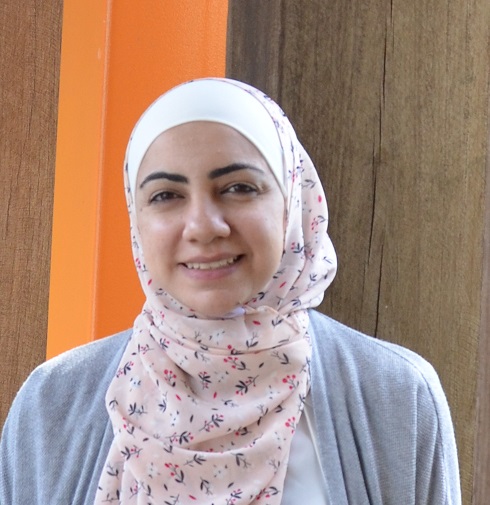
The UQ Dean’s Award for Outstanding Higher Degree by Research Theses gives formal recognition to outstanding PhD and MPhil graduates who have been commended by their thesis examiners – fewer than 10% of PhD and MPhil graduates are recognised this way each year.
All images by Dr Maram Shaweesh.



